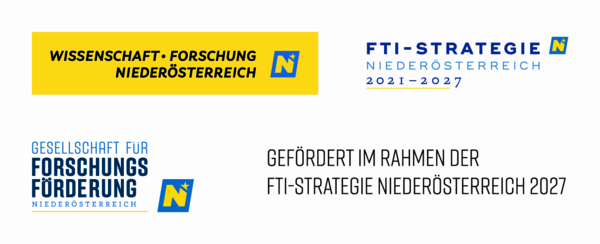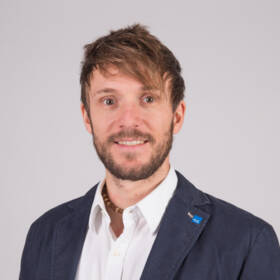Assessing clinically relevant biomechanical biomarkers in the field to predict physical functioning and health in patients with knee osteoarthritis: a nation-wide citizen science approach.
Background and Scientific Problem
Over the past three decades, marker-based 3D gait and motion analysis systems have played a crucial role in the quantification and analysis of human movements. These systems support both research and medicine, particularly in diagnostics and medical decision-making. Despite the significant advantages that 3D gait and motion analysis offers for clinical practice and research, their use is unfortunately limited to a few institutions due to their technical complexity, high costs, and laboratory-bound setups. In research, data acquisition in 3D gait and motion analysis is also very labor-intensive. Participants typically need to undress down to their underwear so that more than 50 reflective markers can be placed on anatomically palpable locations. These markers are then captured by the motion analysis system, allowing for precise movement analysis. This process is time-consuming and uncomfortable for participants, making analyses outside the laboratory nearly impossible. The considerable effort involved is also a reason why most biomechanical studies worldwide often rely on relatively small sample sizes.
Project Content and Objectives
Advances in cost-effective sensor technologies, combined with artificial intelligence, are opening up entirely new avenues in motion analysis. These new methods are significantly more affordable and easier to use, greatly expanding their potential applications. One of these groundbreaking technologies is smartphone-based markerless 3D motion analysis. These systems utilize the combined use of a web application, artificial intelligence, smartphones, and cloud computing to enable cost-effective and simple 3D gait analyses outside of expensive laboratories, see for example www.opencap.ai a recently developed solution by Stanford. The main goals of ACCESS are:
- To capture the 3D movement dynamics of patients with knee osteoarthritis using the OpenCap system, an open-source markerless motion capture system.
- To conduct a validation study in the Digital Health Lab to evaluate the limits and possibilities of markerless motion capture.
- To involve a large network of citizen scientists (physiotherapists) who will help capture the movement data of patients with knee osteoarthritis and simultaneously test the practical applicability of the OpenCap system.
- To investigate the extent to which the captured biomechanical parameters are related to demographic, mental, and physical health measures and how these parameters change during the rehabilitation process.
With its citizen science approach, ACCESS is breaking new ground in biomechanics. ACCESS aims to explore the potential of this technology outside the laboratory to predict clinically relevant changes in patients with knee osteoarthritis. ACCESS is breaking new ground in biomechanics with a Citizen Science approach. Twenty-five physiotherapists from the Austrian GLA:D network will support the project as Citizen Scientists for one and a half years. The Citizen Scientists will collect a variety of clinical parameters from their patients in their daily clinical practice, including pain and physical function, as well as information on psychological and mental health. Additionally, all Citizen Scientists will be trained to capture biomechanical parameters during walking, squatting, and other functional exercises using the smartphone-based markerless 3D motion analysis system OpenCap over the course of the therapy.
In total, this will create a globally unique dataset of approximately 165+ patients, encompassing three key aspects: (1) information on the functional and mental health status of patients with knee osteoarthritis, (2) biomechanical data that provide a deeper understanding of human movement dynamics, and (3) the temporal progression of these data over the course of the multi-week therapy and after 12 months.
You want to know more. Feel free to ask.
Senior Researcher Institute of Health Sciences
Department of Health Sciences
- Univ.-Prof. Dr. Stefan Nehrer, MSc, Universität für Weiterbildung Krems, Zentrum für Regenerative Medizin


